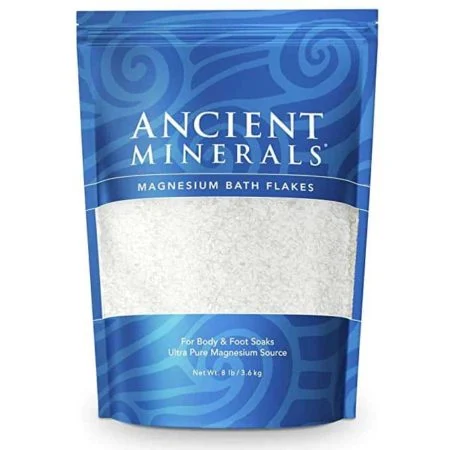Period Pain: Your Diet Rescue Plan
Are you tired of being sidelined every month by excruciating period cramps? You’re not alone. Many women suffer from this monthly ordeal, but there’s good news: you can take control of your menstrual pain through simple dietary changes. In this article, we’ll explore scientifically-backed strategies to help you bid farewell to period cramps and reclaim your comfort.
Understanding Period Cramps:
Period cramps, scientifically known as dysmenorrhea, are primarily caused by prostaglandins – chemicals released by the uterine lining during menstruation. These chemicals trigger uterine contractions, leading to the painful sensations you experience. Higher levels of prostaglandins mean more intense cramps. Additionally, inflammation and inefficient estrogen elimination play significant roles in exacerbating period pain.
Incorporate More Fiber:
Fiber plays a crucial role in hormonal balance by aiding in estrogen elimination. Research suggests that insufficient fiber intake may result in estrogen reabsorption, leading to thicker uterine linings and increased prostaglandin production. Aim for at least 35g of fiber daily to promote optimal hormone balance and reduce menstrual cramps.
Opt for Vegetarian Options:
Low-fat, vegan, or vegetarian diets have shown promise in reducing period pain. By eliminating animal fats and most vegetable oils, these diets help restore omega-3 and omega-6 balance while increasing fiber intake. Consider reducing meat, dairy, and egg consumption for a week before and during your period to alleviate cramps.
Prioritize Omega-3s:
Omega-3 fatty acids play a crucial role in reducing period pain by counteracting the inflammatory effects of omega-6 fats. Incorporate oily fish, walnuts, flaxseeds, and chia seeds into your diet to boost omega-3 levels. Avoid omega-6-rich foods like packaged and processed items to maintain hormonal balance and alleviate cramps.
Supplement Wisely:
Certain supplements like magnesium, calcium, fish oil, vitamin D, vitamin E, and diindolylmethane (DIM) have been shown to alleviate menstrual cramps. These supplements can help address hormonal imbalances and reduce the severity of period pain. Consult with a healthcare professional to determine the right supplements for your needs.
Additional Tips:
- Minimize smoking, alcohol consumption, and caffeine intake, as they can exacerbate period pain.
- Consider eliminating dairy from your diet to see if it improves your cramps.
- Explore alternative therapies like traditional Chinese medicine to complement dietary changes and further alleviate period symptoms.
- Prioritize self-care during menstruation, including rest, relaxation, and the use of heat therapy to soothe cramps.
Conclusion:
By making simple yet impactful changes to your diet and lifestyle, you can significantly reduce the intensity and frequency of menstrual cramps. Incorporating more fiber, opting for vegetarian options, prioritizing omega-3s, and supplementing wisely are effective strategies to alleviate period pain and improve overall well-being. Remember to listen to your body, seek professional guidance when needed, and embrace self-care practices to empower yourself during menstruation.
FAQs:
1.Can dietary changes alone alleviate period pain?
While dietary changes can significantly reduce period pain for many women, individual responses may vary. Some may find complete relief through dietary adjustments, while others may require additional support from supplements or alternative therapies.
2.How long does it take to notice improvements in period pain after dietary changes?
The timeline for experiencing improvements in period pain varies from person to person. Some individuals may notice relief within a menstrual cycle or two, while others may require more time for hormonal balance to be restored. Consistency in dietary habits and lifestyle adjustments is key to maximizing benefits.
3.Are there any side effects associated with the recommended dietary changes?
In general, the dietary changes suggested to alleviate period pain are safe and unlikely to cause adverse effects. However, it’s essential to monitor your body’s response and make adjustments as needed. If you have any concerns or pre-existing medical conditions, consult with a healthcare professional before making significant dietary changes or starting new supplements






